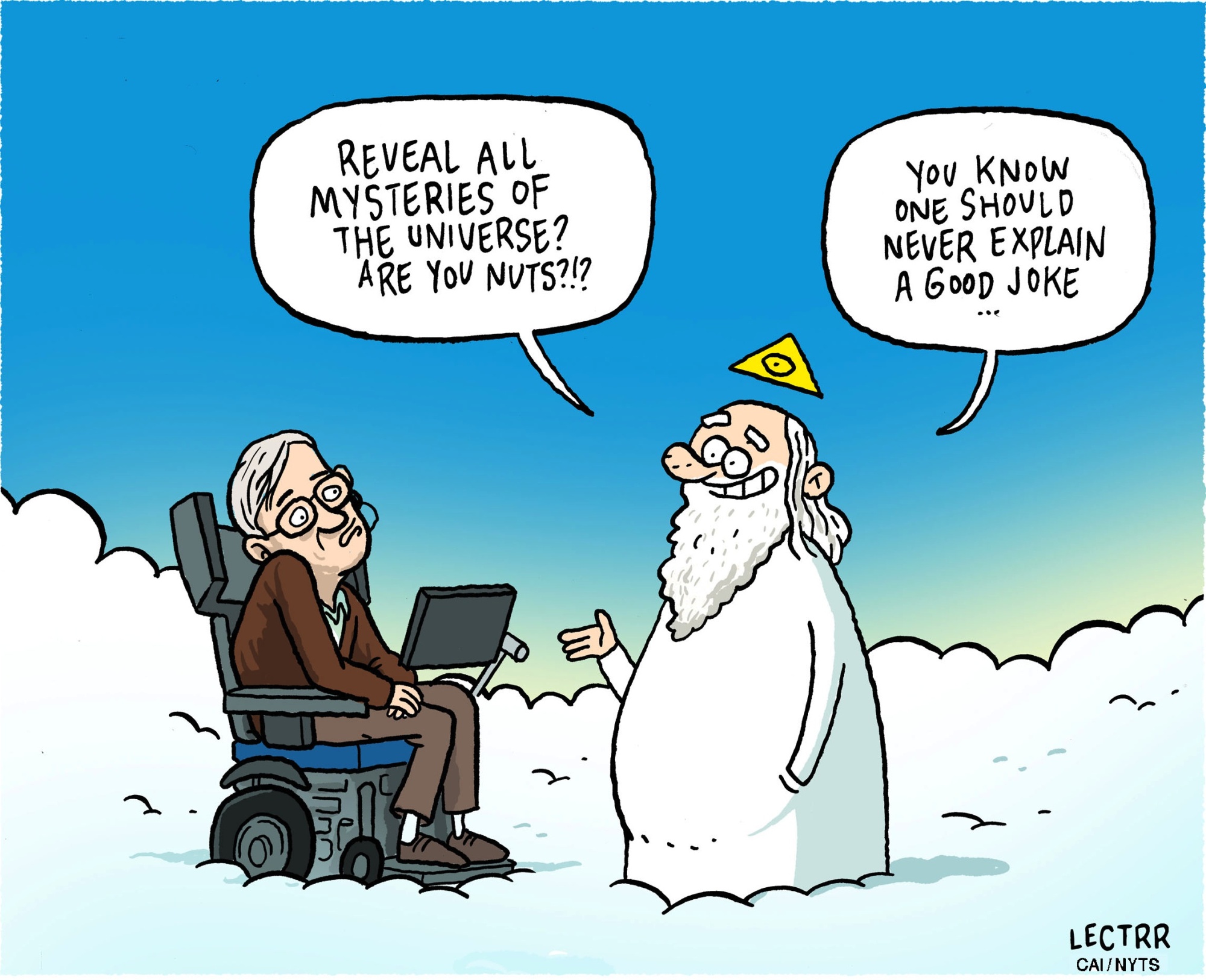In "Professor Dowell's Head," a 1925 science fiction novel by Alexander Belyayev that was a must read when I was a kid, a dying scientist bequeaths his body to a colleague who then revives just the heart and the head. In this form, Professor Dowell lives on but hates it. The life of British physicist Stephen Hawking, who died March 14, had been almost like fictional Dowell's since the 1980s, and he cherished it.
Hawking's scientific achievements are too obscure for most people, even though he was great at popularizing his work. "A Brief History of Time," his work on cosmology, sold 10 million copies but has been described as "the most popular book never read."
Most of those who helped crash the website on which Hawking's 1966 Ph.D. thesis, "Properties of Expanding Universes," was published last year probably couldn't get through the manuscript. The origins and size of the universe and the inner workings of time are esoteric matters, and to get at Hawking's bird's eye view, one would need to be quite a high-flying bird. "The subject of this book is the structure of space-time on length-scales from 10^-13 cm, the radius of an elementary particle, up to 10^28 cm, the radius of the universe," a monograph Hawking coauthored with mathematician George F.R. Ellis in 1973, states boldly on Page 2.

















With your current subscription plan you can comment on stories. However, before writing your first comment, please create a display name in the Profile section of your subscriber account page.